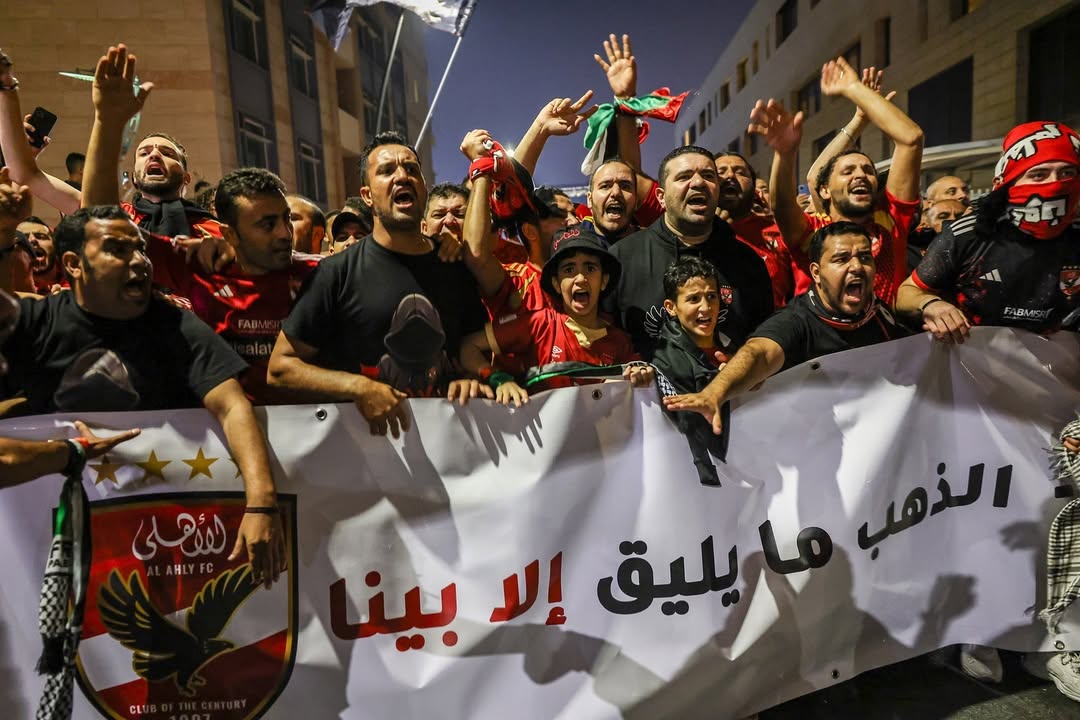The Football Union of Russia withdrew its appeal against FIFA last week, after months of dispute over the country’s invasion of Ukraine.
FIFA says allowing Russia to qualify and play in the World Cup 2022 risked “irreparable and chaotic” implications to the competition.
The legal debate between FIFA and Russia’s football federation was published by the Court of Arbitration for Sport (CAS). It explained why the judge denied an urgent Russian request to freeze a ban that excluded its teams from the men’s and women’s World Cup games.
The interim ruling in Russia’s appeal on March 18, which is currently pending a full appeal hearing potentially due at CAS in the upcoming weeks, guaranteed the men’s team could not play Poland six days later in the World Cup qualifying playoff. Poland’s refusal to compete with Russia was successful as it went forward with the tournament in Qatar by beating Sweden in the playoff final.
Sweden and the Czech Republic along with Poland, all refused to play Russia on the football field due to Moscow’s invasion of Ukraine.
With the three countries choosing to boycott Russia in the games, the urgent CAS ruling wore a heavier weight and agreed with FIFA’s stated need to “guarantee the smooth running of its [FIFA’s] flagship competition.”
Squash world champion addresses Palestinian oppression since ‘politics and sports can now mix’
Typically, FIFA competition regulations hold that federations whose teams refuse to play schedule games are punish, the football organisation giant sided with Poland, Sweden and the Czech Republic’s decisions.
Upon claiming its “respect” for the three nation’s boycotting decisions, in a submission to the court FIFA lawyers asserted “those decisions are both fully understandable and cannot be criticised from either a legal or moral point of view.”
FIFA noted it could ‘foresee’ the likeliness of other member federations denying to compete with Russia if the team advanced to the World Cup, expressing that the consequences for the tournament would be “irreparable and chaotic.”
Defending Russia’s side and noting the ban’s nature of violating the team’s right to economic freedom, the lawyers for Football Union of Russia argued the act by FIFA Council was a “disguised disciplinary sanction” where their right to be heard was dismissed.
The Swiss lawyer responsible for this case had to weigh whether the potential damaging implications done to Russia’s football team outweighed the damage to FIFA as a competition organiser.
The lawyer, Corinne Schmidhauser, noted that “should [Russia’s] men’s national team be allowed to play, their opponents would forfeit the game and the matches would not even take place.”
“The integrity of FIFA competitions would be severely damaged,” the member of the CAS management board judged.
She also raised the point of whether “in light of the worldwide outrage and condemnation provoked” by escalations in Ukraine, the safety of players and officials would be safeguarded if Russia played games even in a neutral country, Qatar.
This argument comes following the delegate from the Russian Football Union’s remark, where he defended the Union’s presence at the 72nd FIFA congress in Qatar, late March.
Former Secretary General and General Director of the Union, Alexey Sorokin said the “entire sports industry of Russia” has always separated sport from politics.
However, it is now for certain that Russia will effectively not be making an appearance at the World Cup tournament as FIFA did not offer to reinstate the team in the event of its federation winning at the full appeal hearing.
But, Russia’s ultimate World Cup status this year will be addressed in a final decision for the panel of three judges to soon hear the case on its full merits before them.







